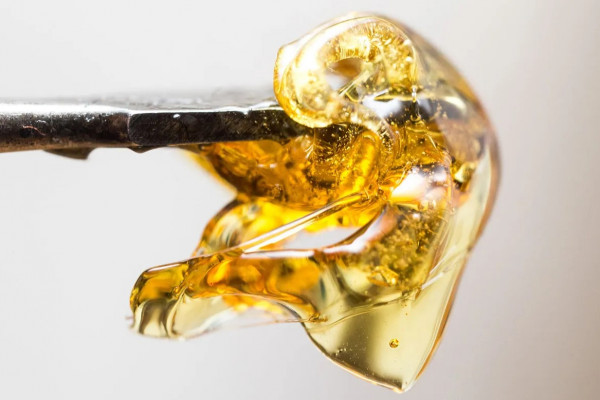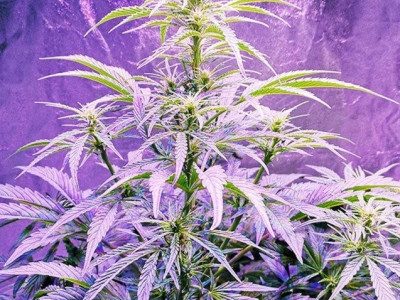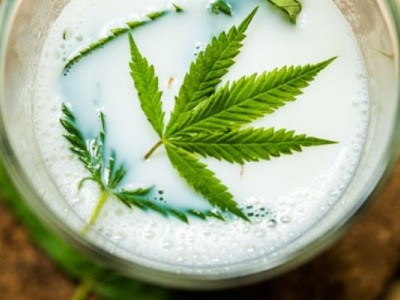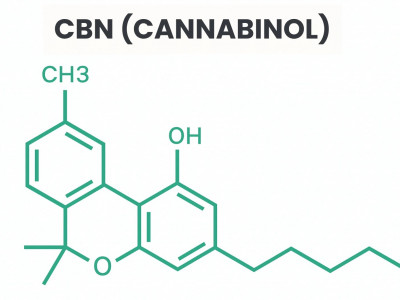0.00 грн.
CheckoutCannabis rosin or SHO – what is it?

Cannabis rosin, also known as SHO (Solventless Hash Oil), is a pure and natural product obtained from cannabis flowers. It is not just another extract, but a true concentrate valued for its purity and naturalness. Unlike other methods that use chemical solvents, rosin is created using heat and pressure. Imagine how aromatic resin is squeezed out of juicy inflorescences — that's cannabis rosin!
Why is this so interesting? Because you get a product without additives that retains all the natural properties of the plant. It's like juice squeezed directly from fruit, without added sugar or preservatives.
At the same time, we remind you that cannabis and its derivatives are prohibited in many countries, so be careful and obey the law.
Rosin technology - how it works
Rosin technology is a real revolution in the world of cannabis. It appeared relatively recently, but quickly gained popularity due to its simplicity and environmental friendliness. The basic idea is to use heat and pressure to “squeeze” the resin out of cannabis without using chemicals. It sounds simple, but the result is impressive!
Here's how it works:
- Preparation of the material - cannabis buds or even trichomes collected from the plant are taken. They are wrapped in special parchment or a filter bag.
- Pressing - the material is placed in a press, where it is heated (usually to a temperature of 80-100°C) and strongly compressed. Under pressure, sticky resin is released from the plant.
- Product collection - the resulting rosin is collected from the parchment, and it is ready for use!
This method of obtaining resin from cannabis allows you to preserve all the terpenes - aromatic compounds that are responsible for the smell and taste of cannabis. Thanks to this, rosin has a unique aroma and rich taste.
But again, we are only talking about the technology, as the use of such products may be illegal in your country.
How SHO was invented
I wonder where this idea came from? The history of rosin began in the United States, where cannabis enthusiasts were looking for a safer way to create concentrates. In 2015, an American named Phil Salazar, known as Soilgrown, accidentally discovered that pressing cannabis with a hair straightener could produce pure resin. Yes, a regular hair straightener! This was a real breakthrough, as most previous methods required expensive equipment or dangerous solvents such as butane.
Since then, Rosin technology has become very popular. People began experimenting with different temperatures, presses, and types of cannabis to get the perfect cannabis rosin.
Today, it's a whole subculture where everyone is trying to create the purest and most aromatic product.
In addition, rosin can be used in a variety of ways, from vaping to adding it to food (where permitted, of course).
Is it worth trying to make rosin at home?
It may be tempting to try to make rosin yourself, as the technology seems simple. But is it worth it? First, you need high-quality raw materials, which can be a problem if you live in a country where cannabis is illegal. Second, even if you have access to cannabis, improper handling of the equipment can result in product spoilage or even injury.
If you still want to learn more, it is best to read forums or watch videos from enthusiasts who share their experiences.
But remember - we are only talking about this for informational purposes. The laws of your country are the main thing to consider.
Rosin and the future of cannabis
Cannabis rosin is not just a fashion trend, but also an example of how the cannabis industry is moving towards safer and more natural products. In countries where cannabis is legal, rosin has become a real star because it allows you to enjoy all the benefits of the plant without unnecessary risks. But even where cannabis is banned, people are interested in these technologies because knowledge is power!
We hope our article has helped you understand what cannabis rosin is and why it is so special. It is a fascinating world full of innovation and experimentation.



